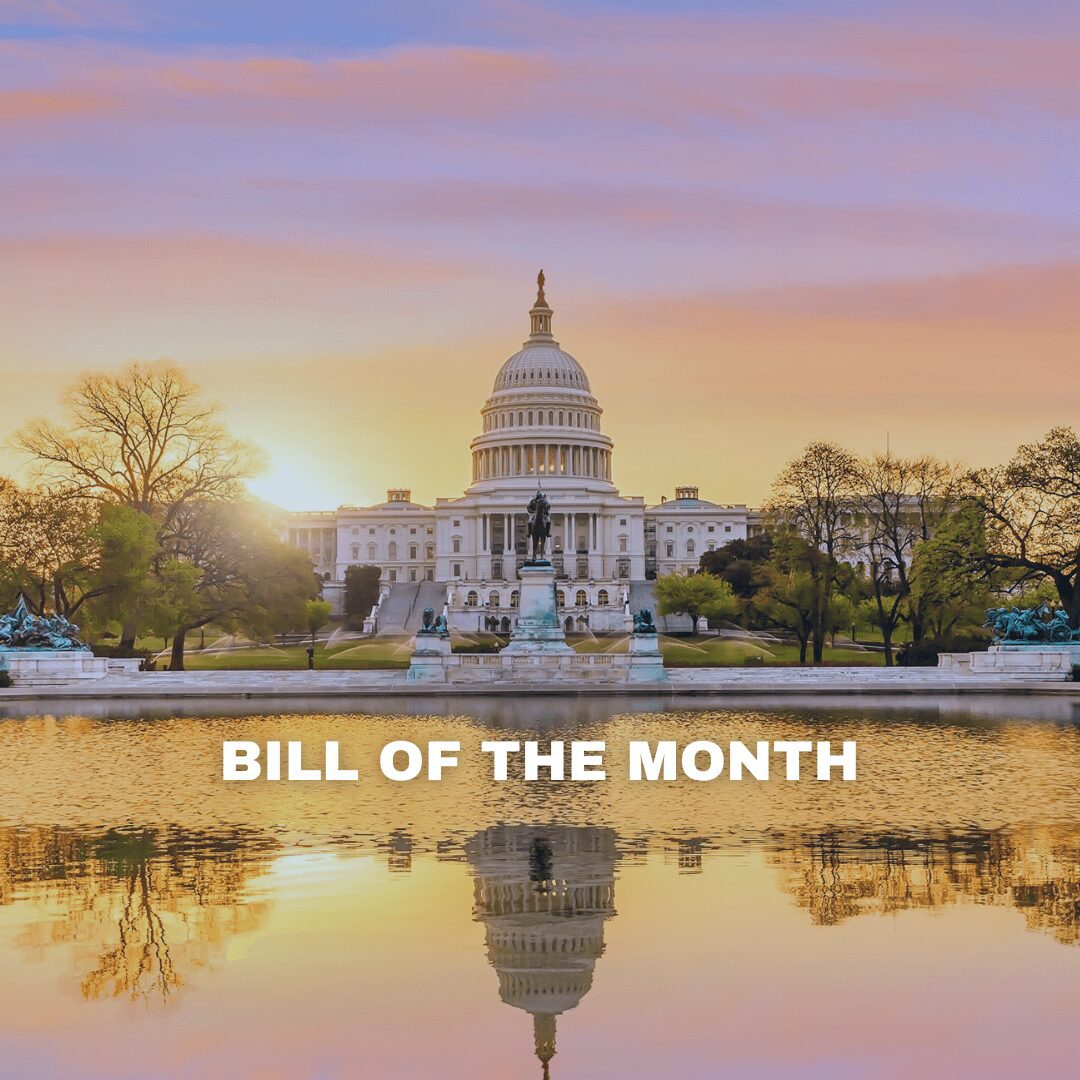
Federal Bill of the Month – January 2025: FAIR PREP Act
Michael Mohr-Ramirez
January 30, 2025
Sponsors: Sen. Marsha Blackburn (R-Tenn) and Rep. Adrian Smith (R-Neb.)
96/H.R. 451 – FAIR PREP Act
The Fostering Autonomy in Independent Returns by Prohibiting Redundant and Extralegal Programs Act of 2024 (FAIR PREP), introduced by Sen. Marsha Blackburn (R-Tenn) and Rep. Adrian Smith (R-Neb.) would end the unauthorized Internal Revenue Service (IRS) Direct File program. It would also prohibit the IRS from preparing tax returns in unauthorized instances.
The IRS Direct File program, launched by the agency remains an inherent conflict of interest. Fiscally, it costs taxpayers five times more than commercial software. The agency has shown its willingness to manipulate studies, ignore mandates, and push ahead regardless of congressional authorization.
It is for these reasons, among others, that TPA is pleased to make the FAIR PREP Act its Bill of the Month for January 2025.
Background:
In August 2022, Congress passed the Inflation Reduction Act (IRA, P.L. 117-169), which increased IRS authorizations by $80 billion. Of that, $15 million was narrowly directed to study the feasibility, taxpayer interest, and cost of a Direct File tax return system. This came despite the existence of the IRS’ Free File program which partners with commercial providers.
As a concept alone, a Direct File program poses issues. It is an inherent conflict of interest for the IRS to both estimate tax bills and conduct audits on incorrect returns. Further, the IRS has shown itself incapable of handling the sensitive data it already has. A Direct File program would add massive amounts of data overseen by the agency. In May 2022, the Government Accountability Office (GAO) published a study, finding that between FY2012 and FY2021, the IRS completed 1,694 investigations into the “willful unauthorized access of tax data by employees.” In 27 percent of those, they were found to be in violation. In June 2022, the Treasury Inspector General for Tax Administration (TIGTA) found that the IRS’s Cybersecurity Program was not effective in 17 of 20 metrics.
The initial pilot stage in 2023 was as wayward as could be. The Treasury Department estimated 19 million filers were eligible for the program, yet IRS only accepted 140,000 returns through Direct File (0.7 percent of those eligible). The agency budgeted $114 million for Direct File in FY24. However, with low user numbers, that costs over $800 per return (5 times the average cost for commercial tax preparation). The GAO report found that taxpayers did not save time filing through Direct File. Further, the system, as previously mentioned, does not account for state and local taxes, creating a secondary burden.
In November 2024, The Taxpayers Protection Alliance Foundation (TPAF) released findings from documents obtained through a Freedom of Information Act (FOIA) request to better ascertain Direct File’s performance. Contrary to the agency’s public claims, TPAF’s review of more than 450 pages of respondent-written comments uncovered far more serious taxpayer concerns than the IRS let on. Filers complained of technical difficulties (e.g., difficulties uploading W-2 forms, the system working only on some internet browsers, and faulty chat services), abnormally small returns, and more.
Even aside from the lack of Congressional authorization, with the overall cost of the program in the hundreds of millions and rampant user dissatisfaction, this program must be ended.
